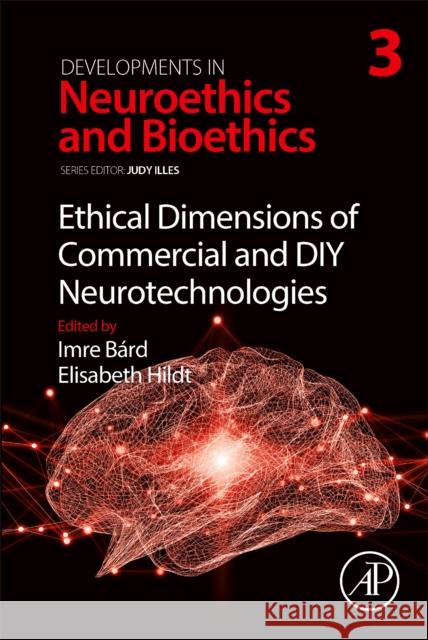Ethical Dimensions of Commercial and DIY Neurotechnologies » książka
topmenu
Ethical Dimensions of Commercial and DIY Neurotechnologies
ISBN-13: 9780128161814 / Angielski / Miękka / 2020 / 300 str.
Kategorie:
Kategorie BISAC:
Wydawca:
Academic Press
Seria wydawnicza:
Język:
Angielski
ISBN-13:
9780128161814
Rok wydania:
2020
Numer serii:
000833381
Ilość stron:
300
Waga:
0.50 kg
Wymiary:
22.86 x 15.24 x 1.57
Oprawa:
Miękka
Wolumenów:
01











